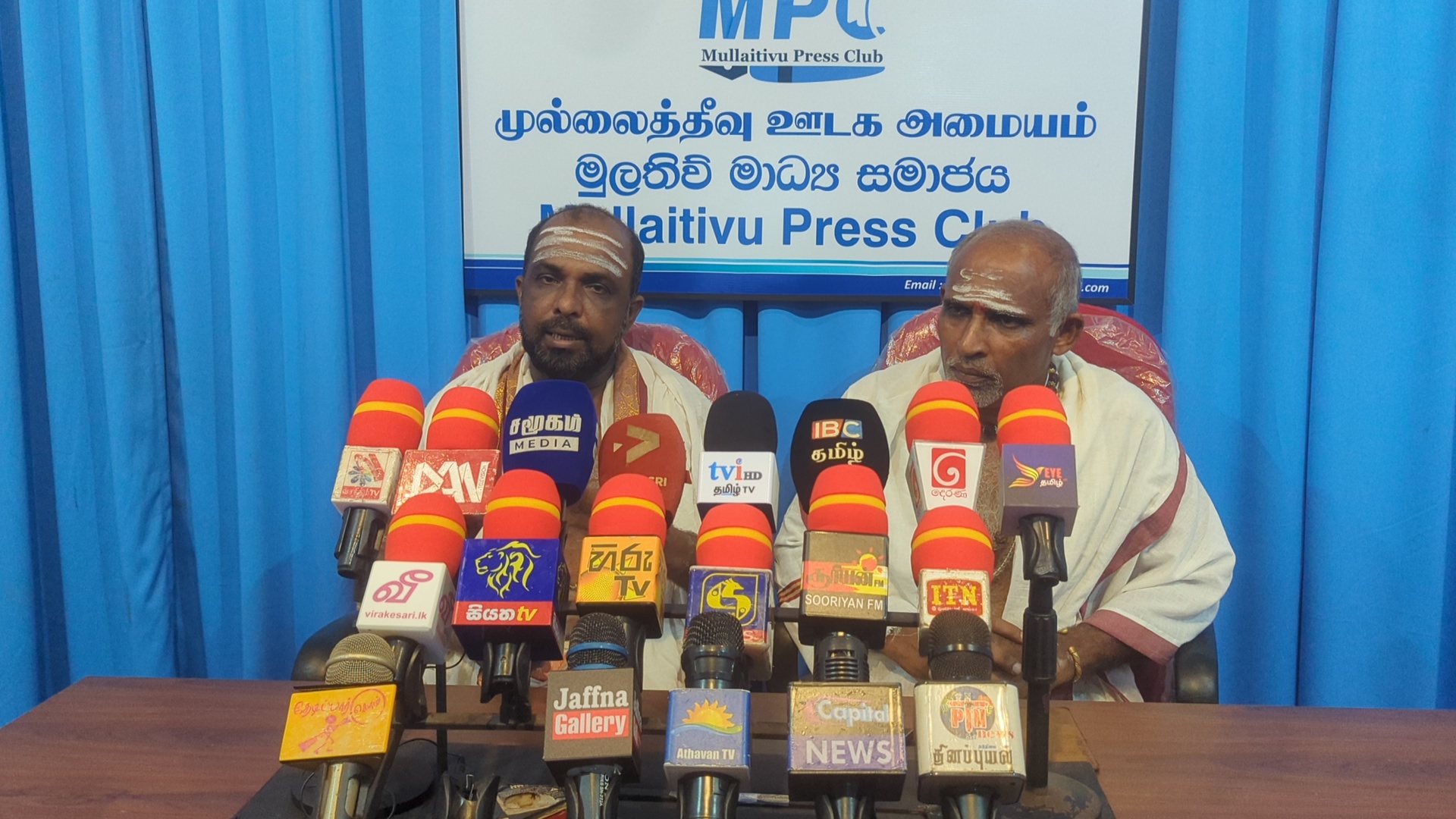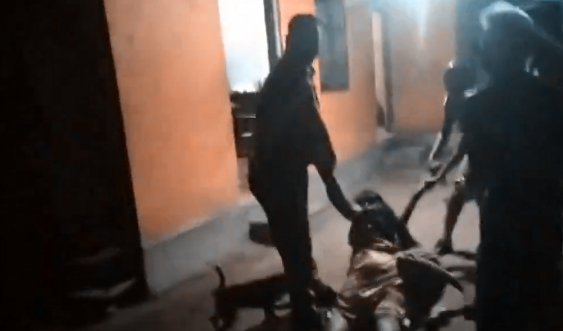Tamil MP demands justice over Tamil death caused by Sri Lankan police
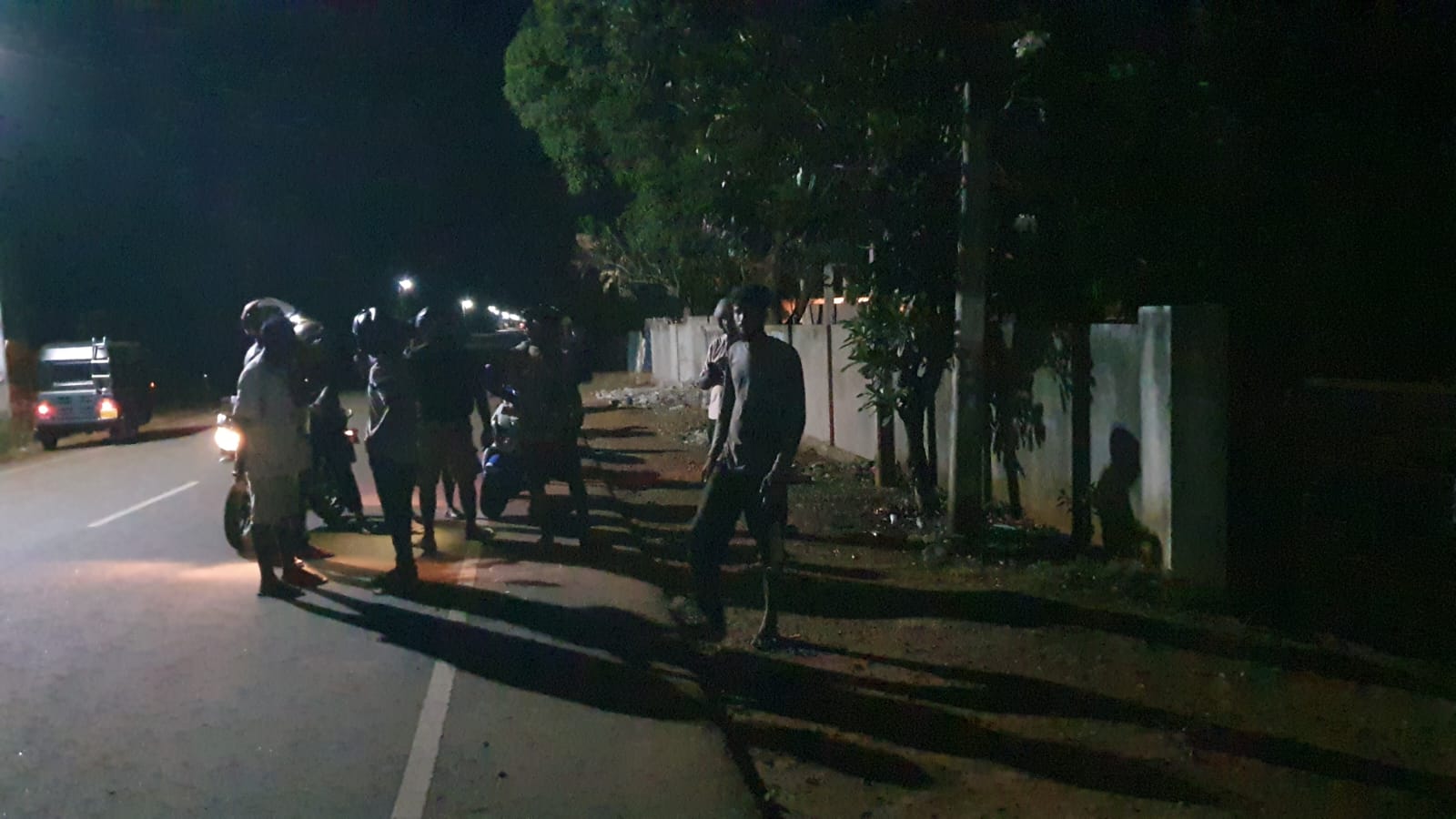
Tamil National People's Front (TNPF) MP Selvarajah Kajendren called for the immediate arrest of two police officers whom he says are responsible for the death of 41-year-old Pradeepan Selvanayakam in Jaffna.
Speaking in Parliament Kajendren said that on May 10th, Pradeepan Selvanayakam had been riding his motorbike in town when he was signalled to stop. However when he had failed to do so “these two police officers followed him and kicked his bike, which caused it to go off course.”
Selvanayakam lost control of his motorbike, hit a concrete pillar, and sustained serious injuries. Although he was rushed to the Tellippalai Hospital for treatment, he succumbed to his injuries.
“The two police officers are PC 67512 and PC 71799 who are responsible for the death of Pradeepan Selvanayakam Pradeepan,” he told the house. “This police excess and brutality must be stopped. They should be arrested.”
#Tamil MP requests the immediate arrest of 2 policemen bearing service numbers PC 67512 & PC 71799 over the death of Selvanayakam Pradeepan.
— LankaFiles (@lankafiles) May 13, 2024
The 41 years old from Jaffna was kicked while riding a motorcycle making him hit a concrete lamp post, @skajendren told @ParliamentLK. pic.twitter.com/wKYs0cNw9S
Over the last few months, there has been an increase in assaults and police brutality unleashed on Tamils in the North-East. Earlier in April, Sri Lanka police assaulted another Tamil man after he had asked police to return his phone which they had seized. In January of this year, a Tamil youth who was recently released from prison in Jaffna died. In November 2023, a Tamil youth was tortured to death by Sri Lankan police.



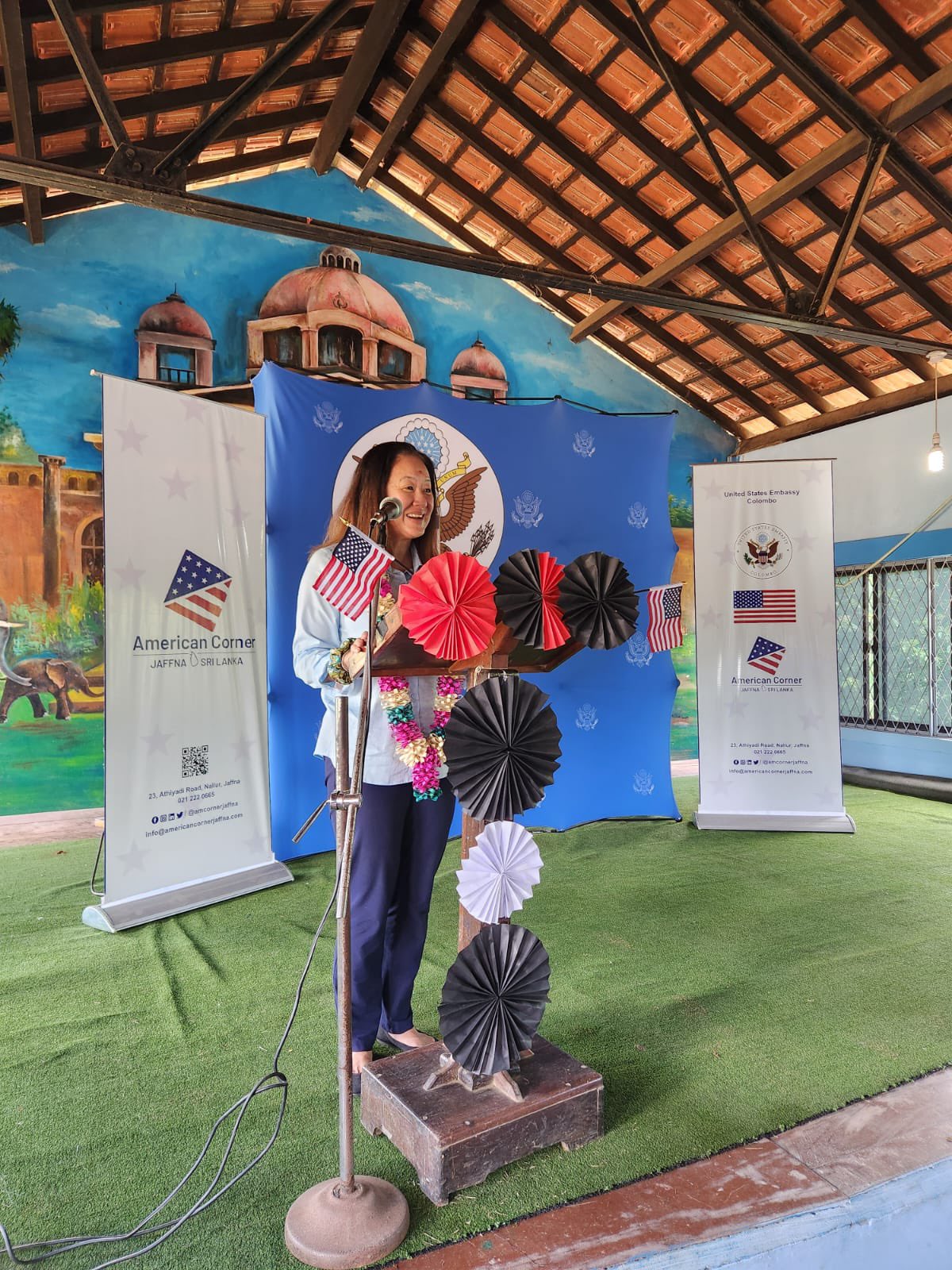

.jpg)
.jpg)
.jpg)
.jpg)
.jpg)
.jpg)

.jpg)
.jpg)
.jpg)
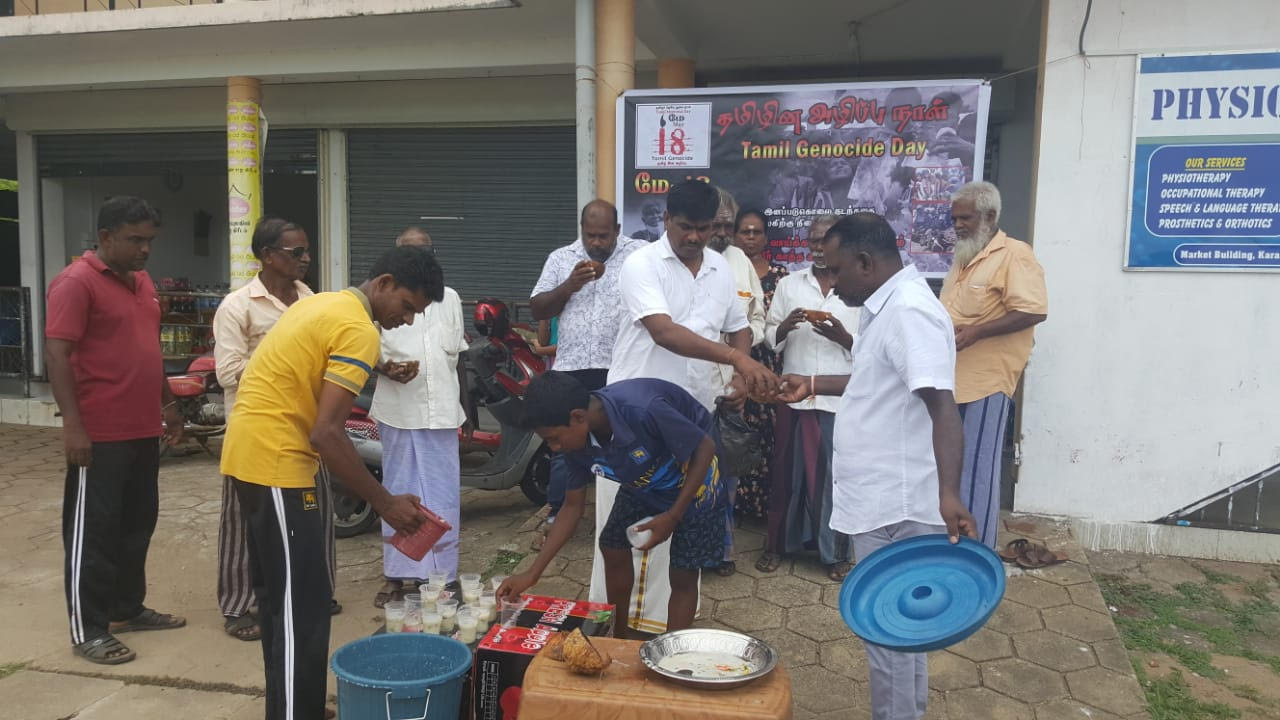
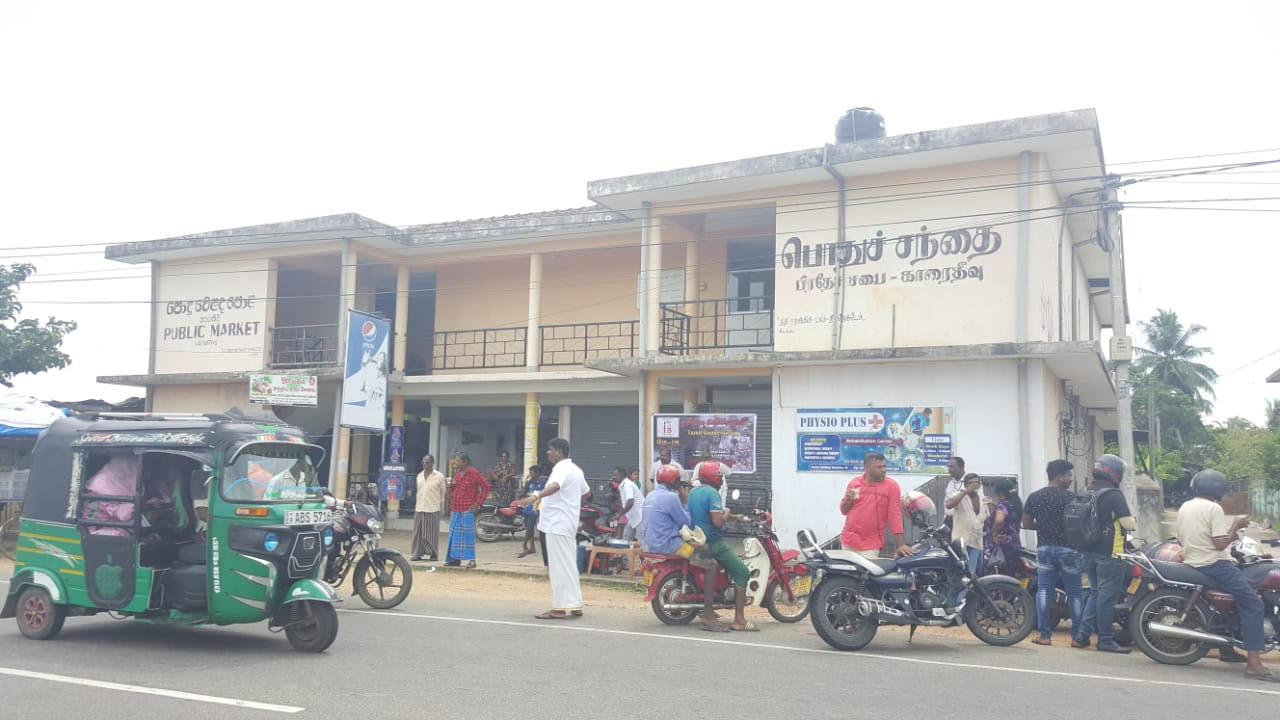
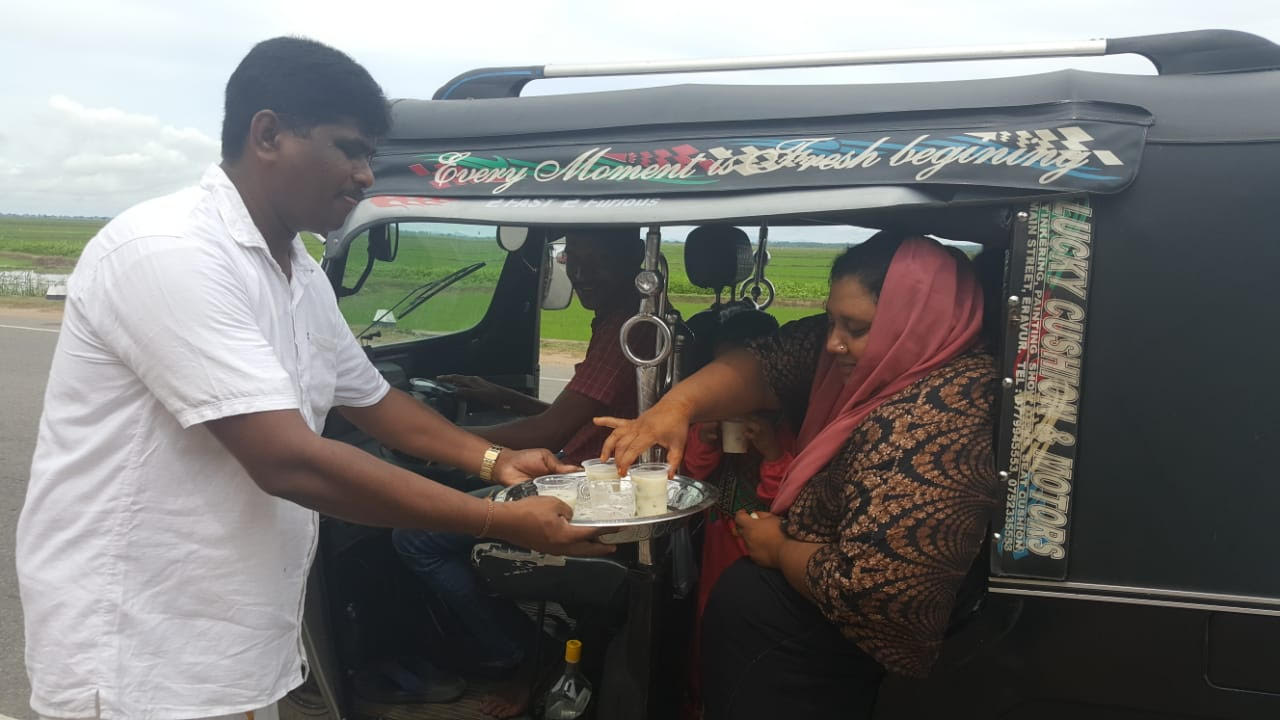
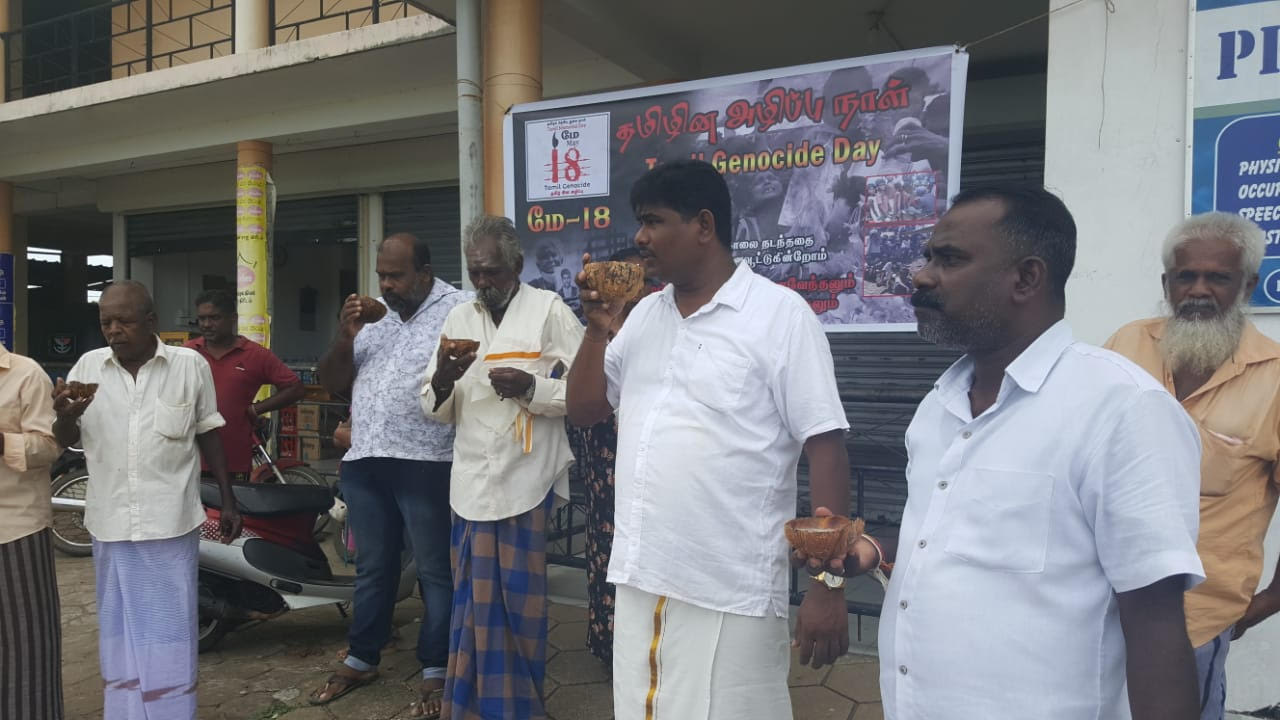

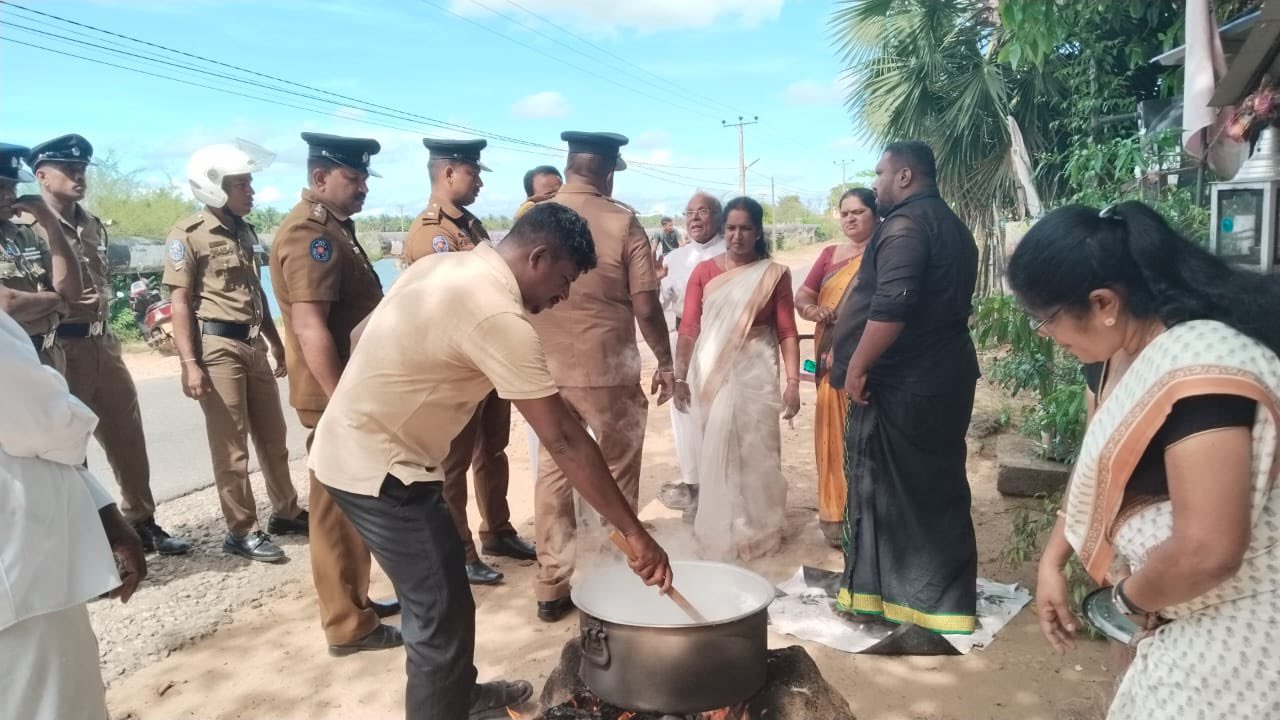


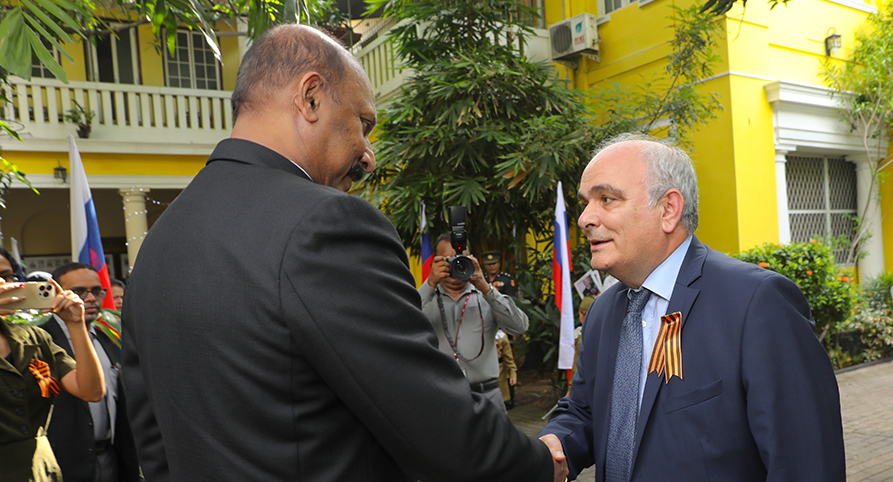
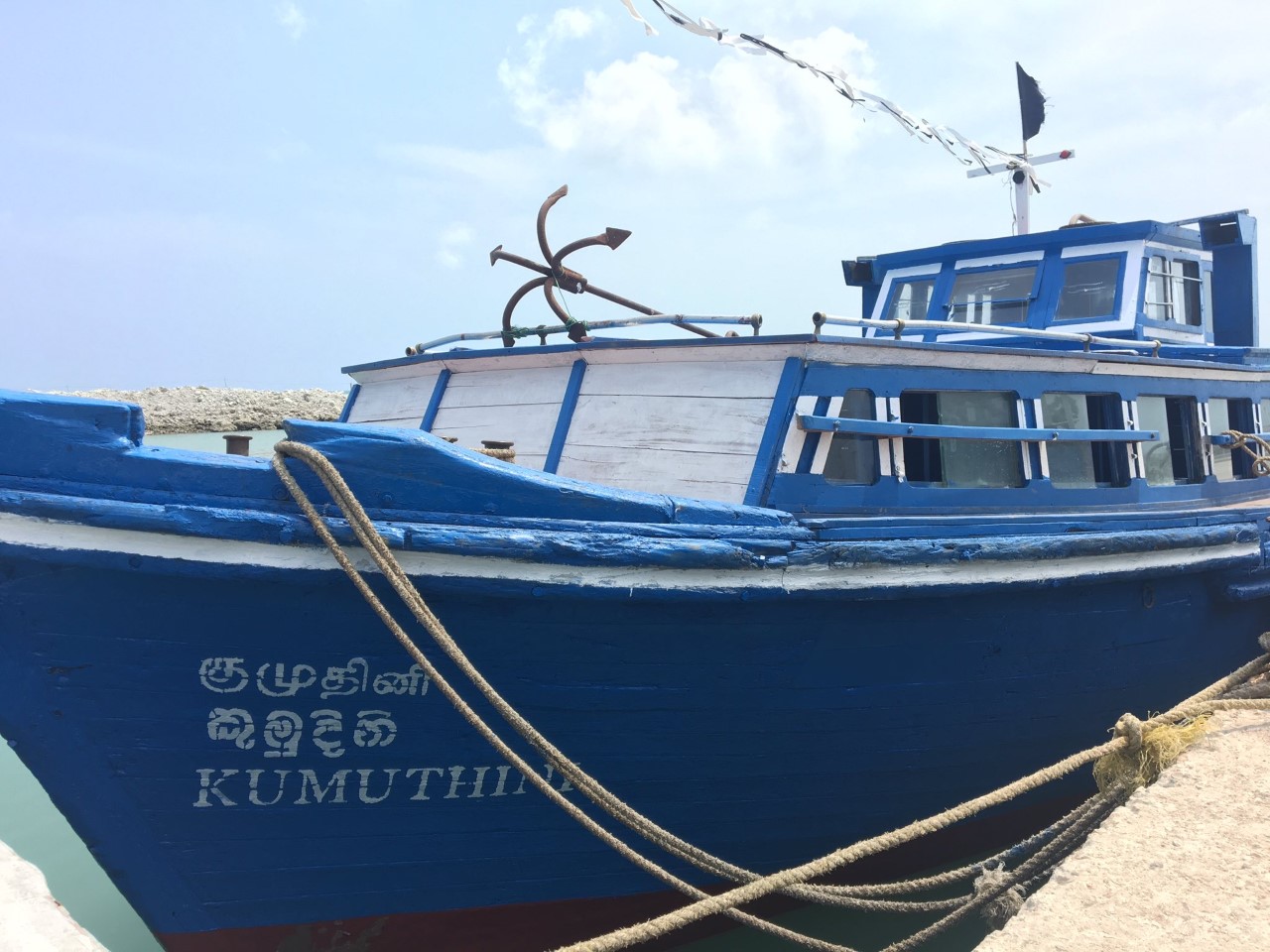
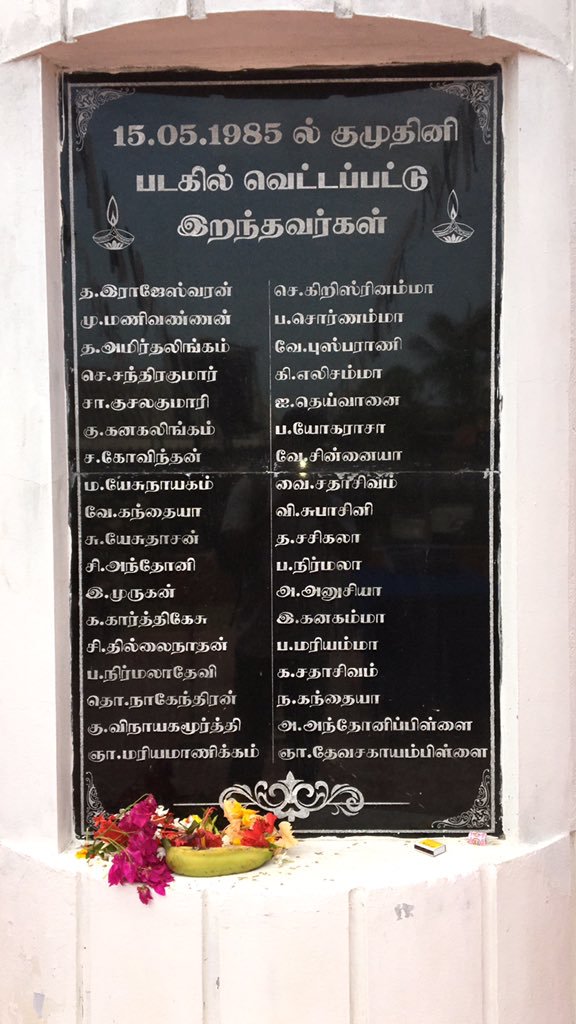
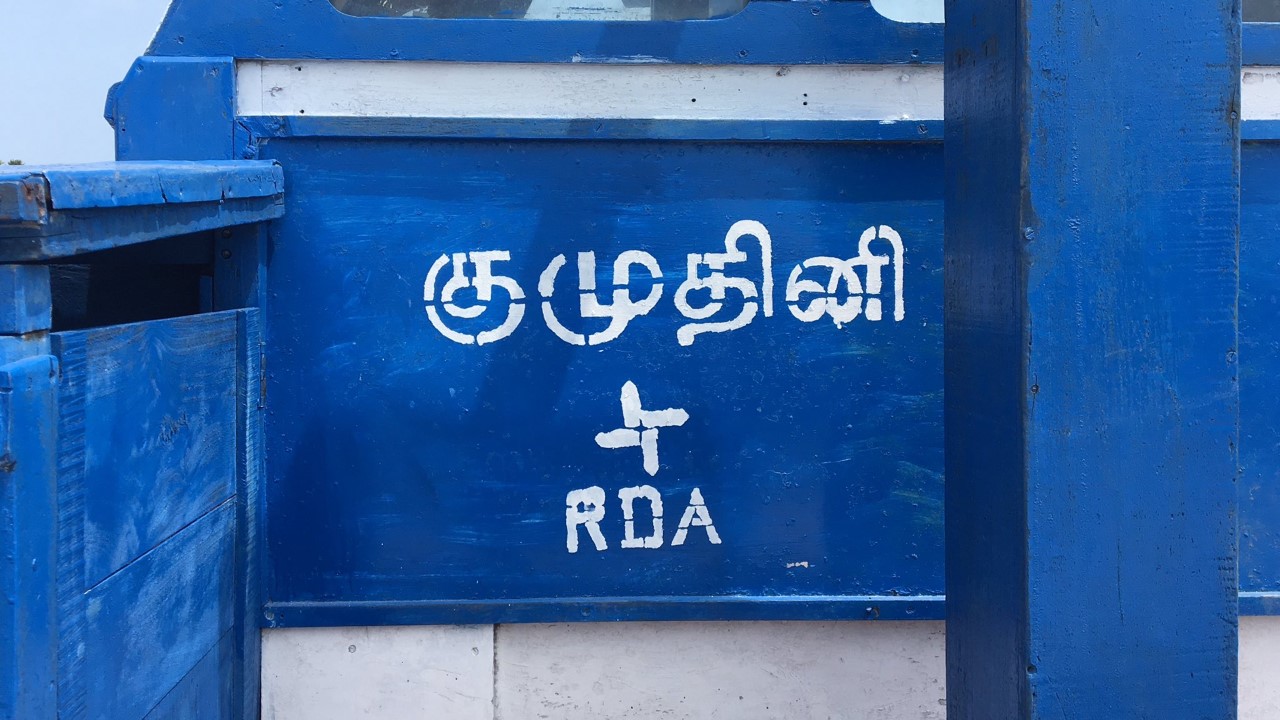

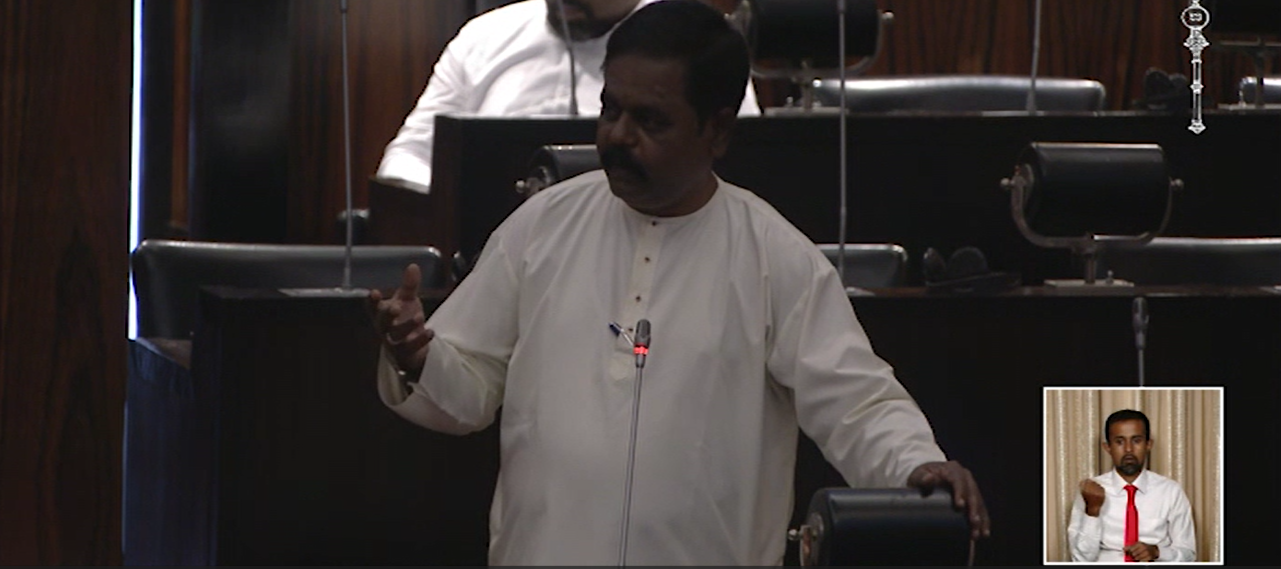
.jpeg)
.jpeg)

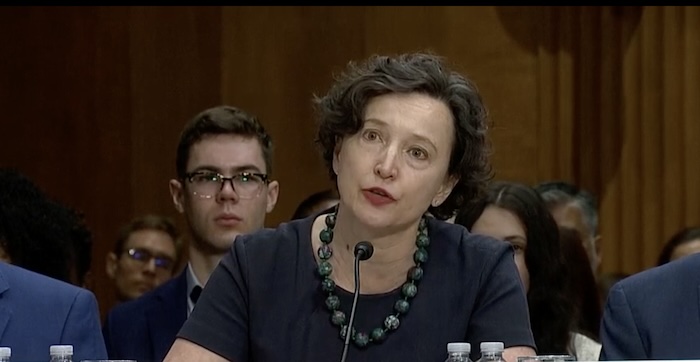

.jpg)
.jpg)
.jpg)
.jpg)
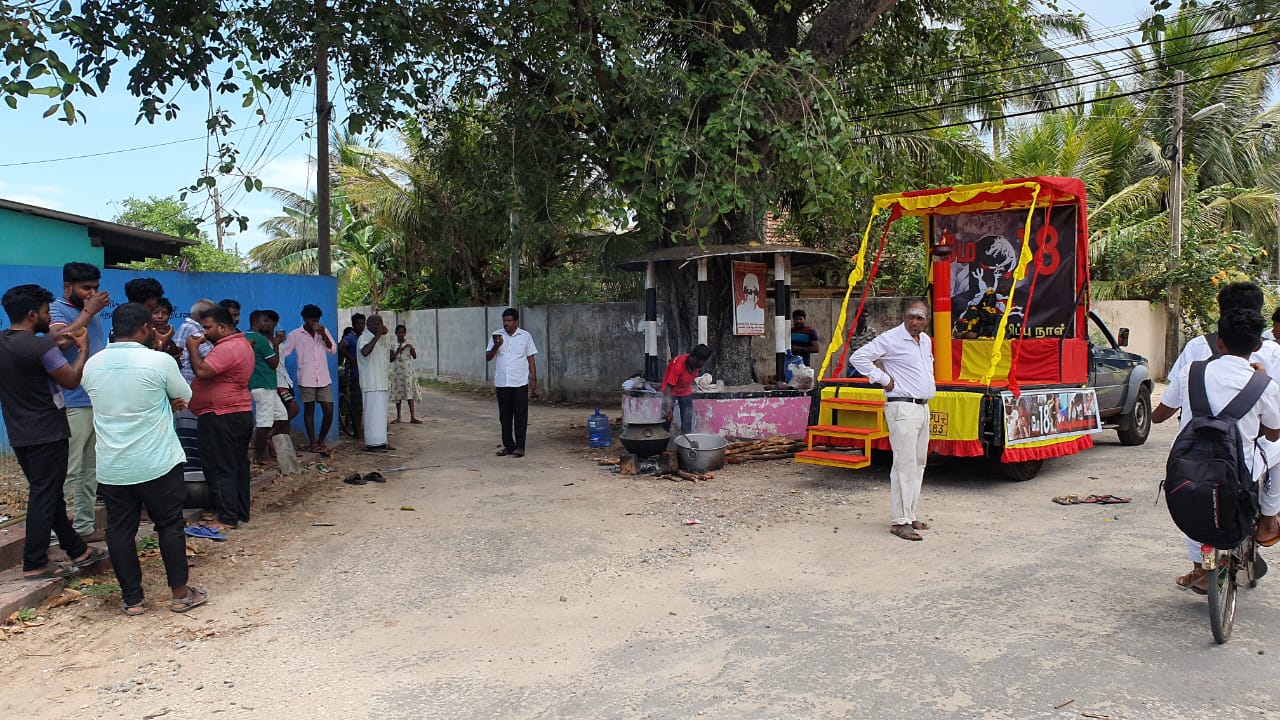

.jpg)
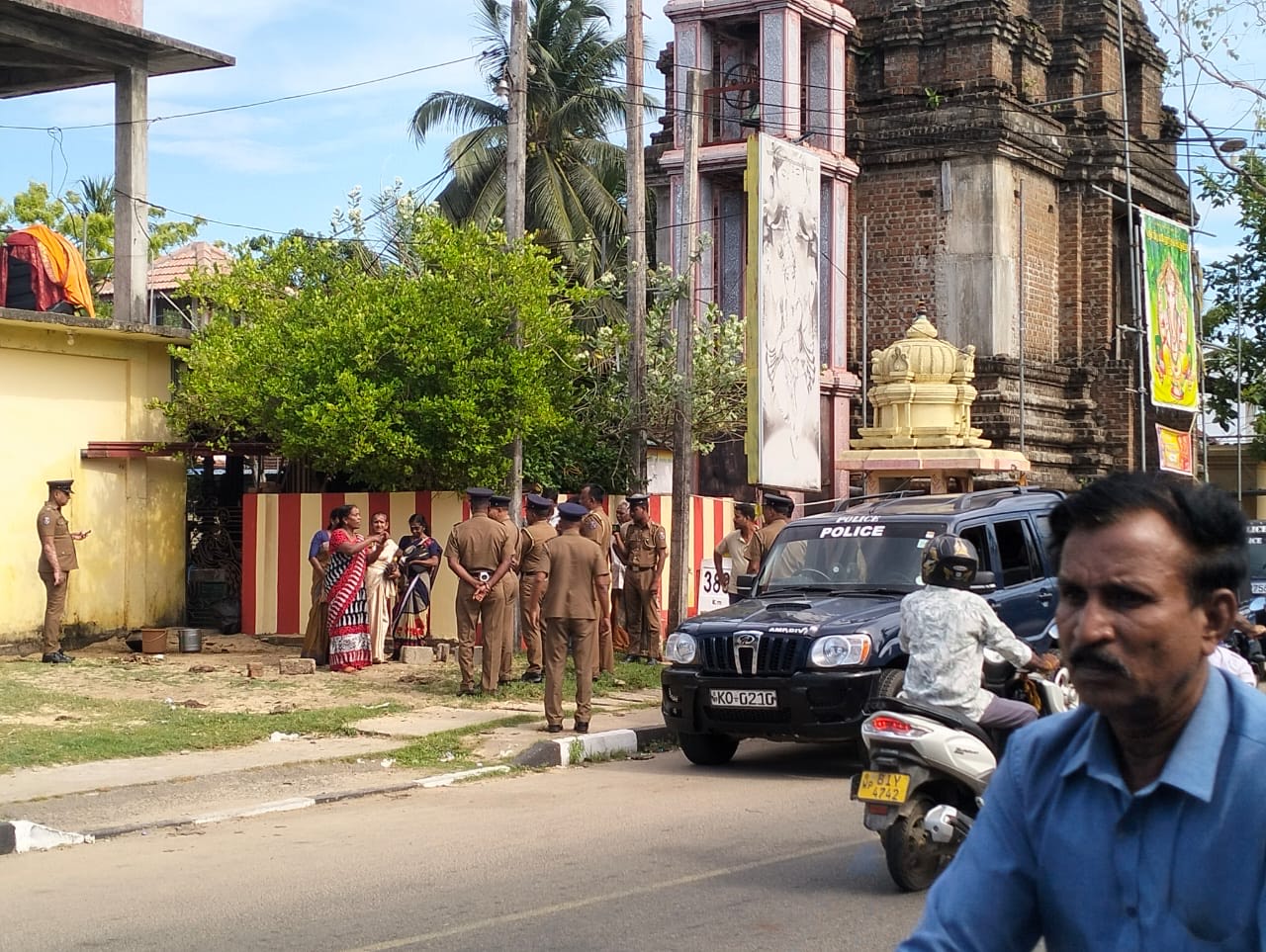
.jpg)

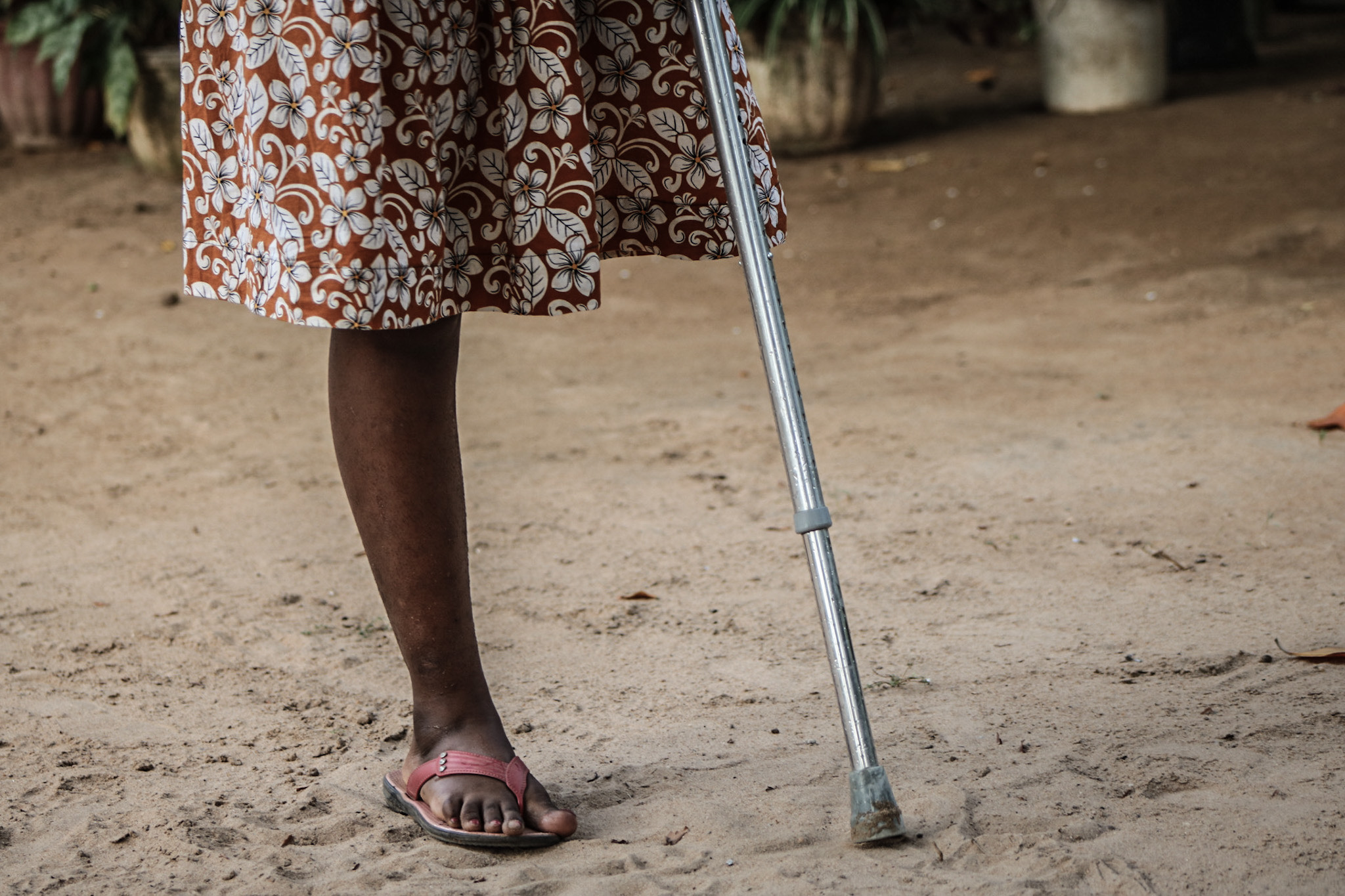

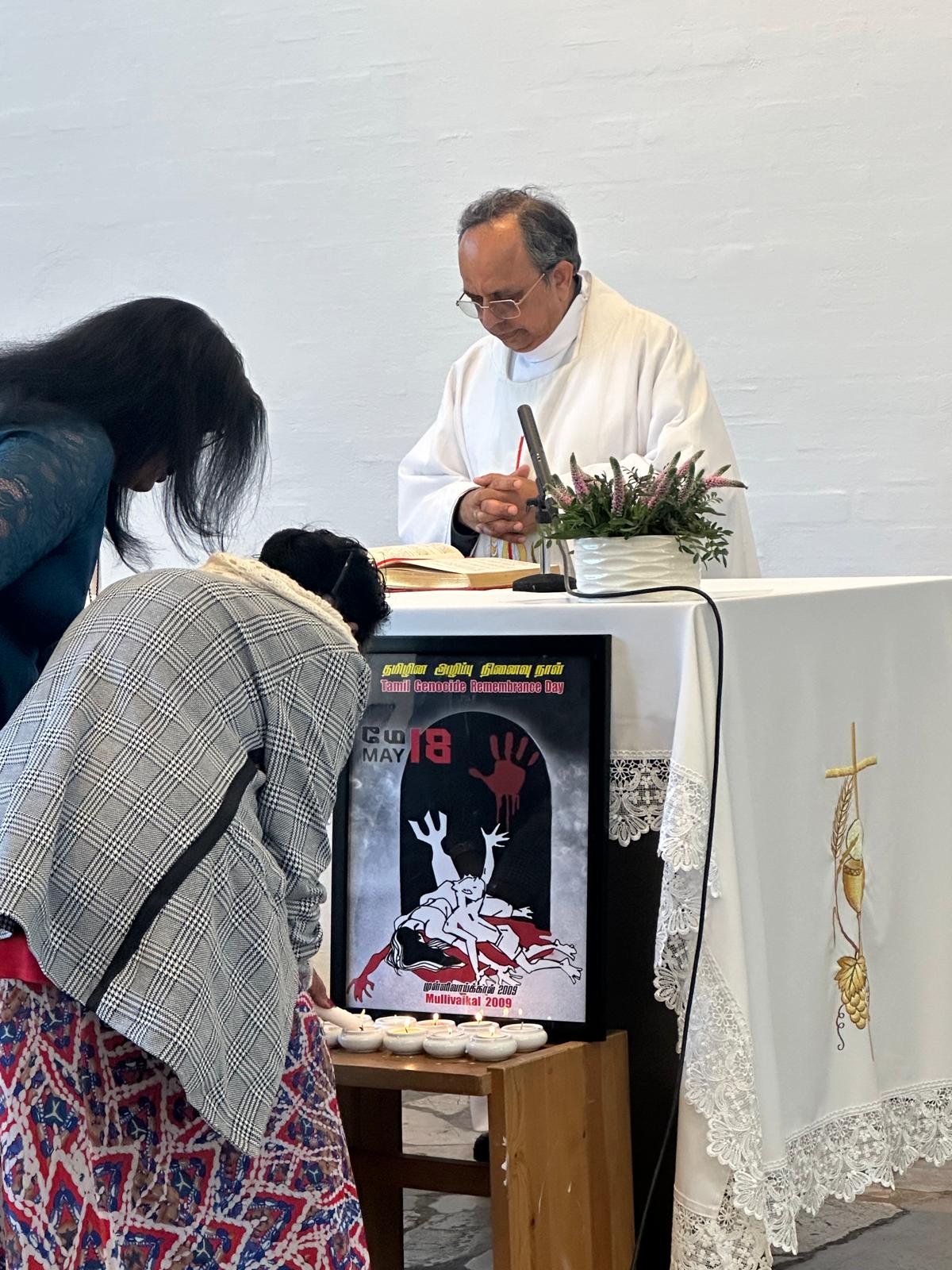
.jpg)
.jpg)
.jpg)

